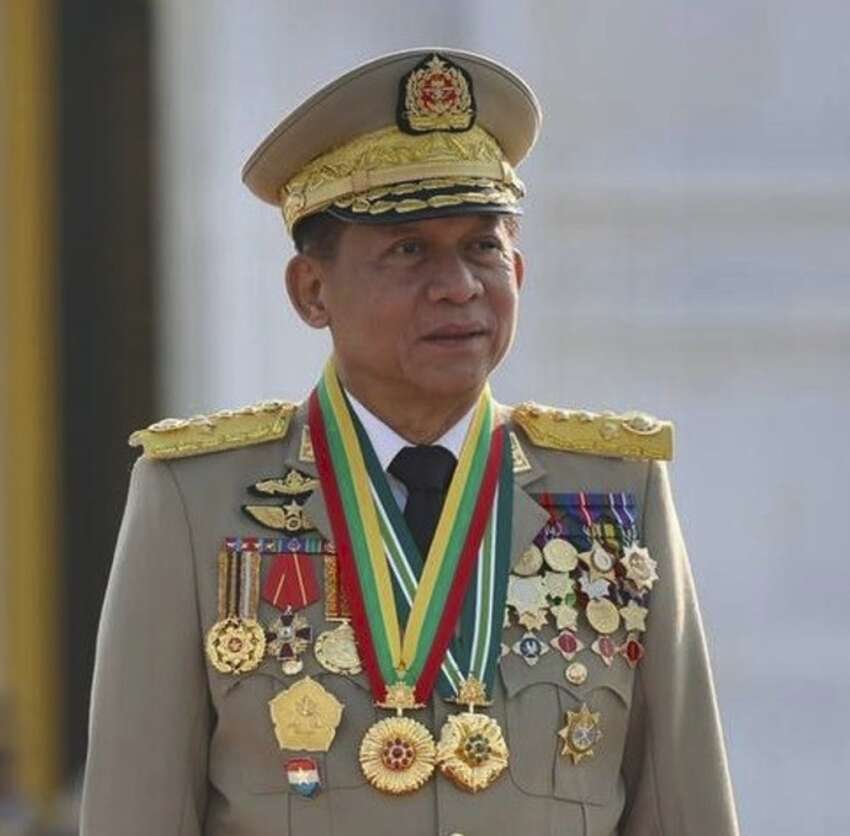
On July 31 in Yangon, the military council issued an official announcement stating that Commander-in-Chief Min Aung Hlaing has transferred state power to Min Aung Hlaing in his capacity as Acting President (Duty), dissolved the military council, and established the State Security and Peace Commission. This represents a restructuring of the coup administration’s governing apparatus and a reorganization of its administrative mechanism.
Min Aung Hlaing has ended his hold on state power as military Commander-in-Chief and has now assumed state authority in the role of Acting President (Duty). Furthermore, he has officially dissolved the State Administration Council and established a new organization called the State Security and Peace Commission. In this commission, Min Aung Hlaing himself continues to serve as chairman while simultaneously holding the position of Acting President (Duty).
It is particularly noteworthy that while Min Aung Hlaing has assumed the role of Acting President (Duty), he also retains his position as Commander-in-Chief of the military with the rank of Senior General. This creates a situation where both state administrative power and military control are concentrated in the hands of a single individual. These changes can be seen as a restructuring that further solidifies military control over civilians. The reorganization maintains the military’s grip on power while merely changing its administrative form.



